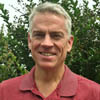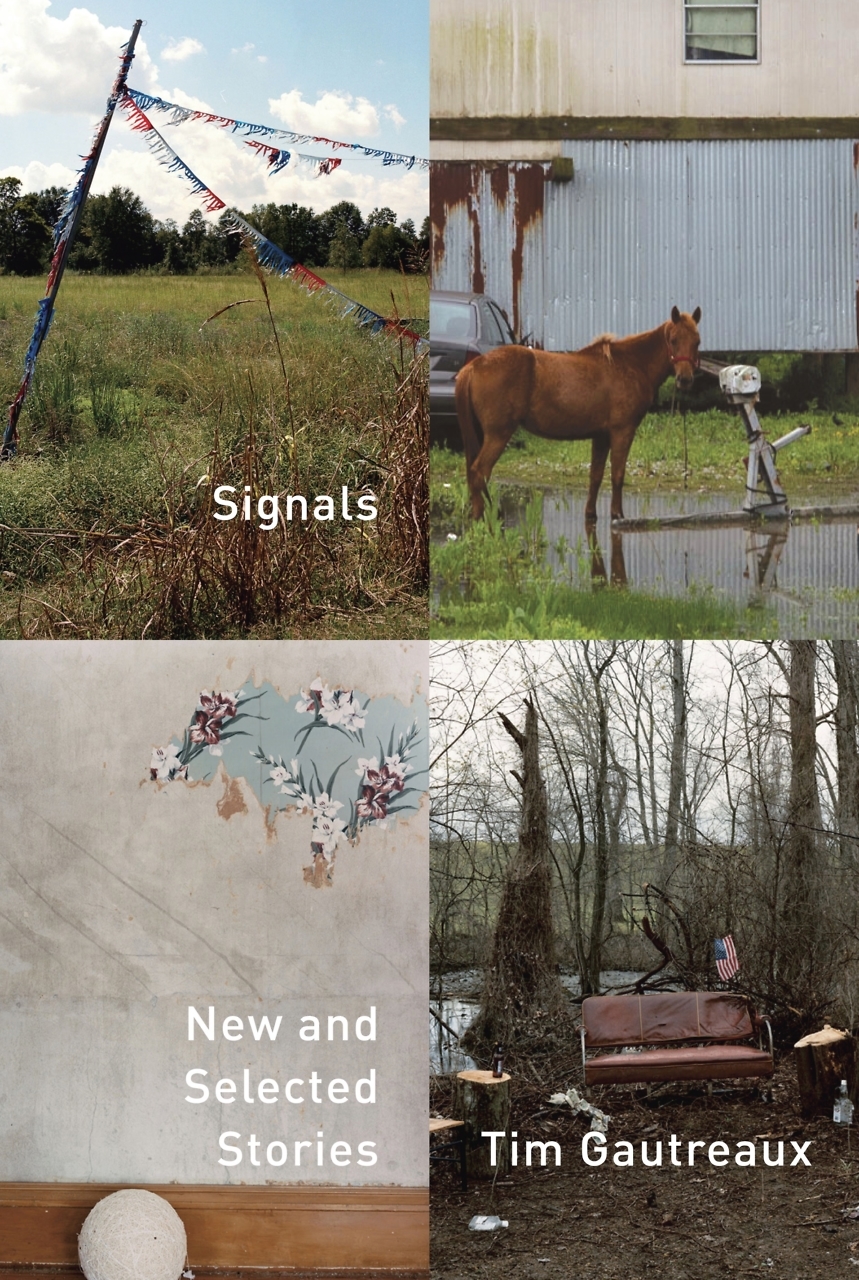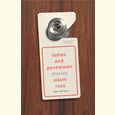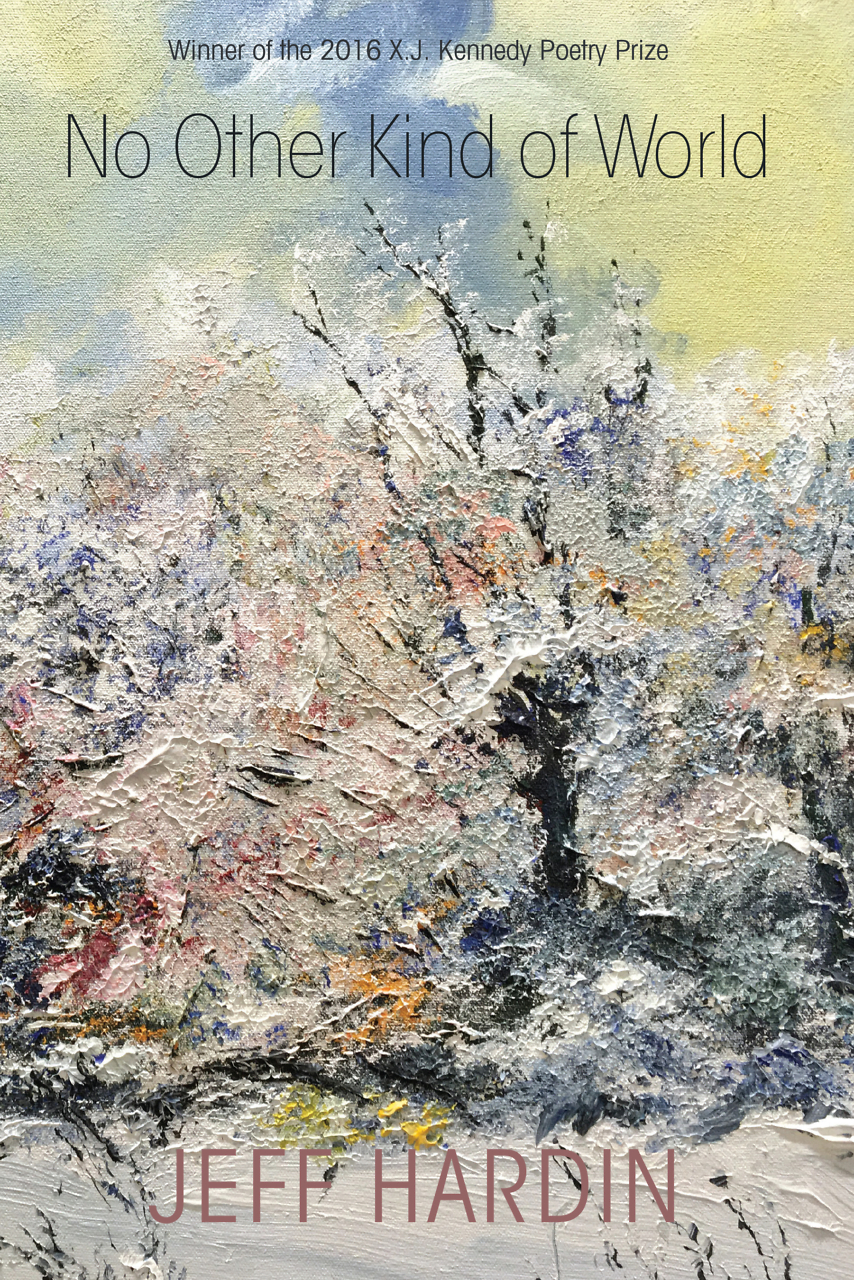The Consolations of Nature
In Christopher Scotton’s debut novel, a young man finds strength in the Kentucky mountains
Christopher Scotton’s The Secret Wisdom of the Earth is at once contemporary and old-fashioned. It addresses present-day issues—the ecological devastation of coal mining, the persistence of homophobia—but does so in a novelistic form that harks back to the nineteenth century. The language, settings, and politics of The Secret Wisdom of the Earth resemble recent works by Jonathan Franzen and Donna Tartt; at its heart, though, the book follows the line of American novels that runs from James Fennimore Cooper’s Leatherstocking Tales to Twain’s Huckleberry Finn and Hemingway’s Nick Adams stories. And to Scotton’s great credit, his debut novel lives up to the comparison.
The Secret Wisdom of the Earth begins with heartbreak: after the accidental death of his three-year-old brother, Kevin Gillooly moves with his mother from Indiana back to her hometown in Medgar, Kentucky, a rural community whose economy still depends on coal mining. Kevin tells his story from the present, looking back at the decisive summer of 1985 when he was fourteen, trapped by grief and pummeled by guilt, on the cusp of adulthood but unsure how to make the transition. A new friend and a new mentor—both Medgar locals—impart the skills that help him navigate the difficult course to manhood: Buzzy Fink, the younger brother of the high school’s star quarterback, teaches Kevin the local lore; Kevin’s grandfather, Arthur Peebles, teaches him everything else. Kevin wants nothing more than to spend his days romping in the woods with Buzzy and his evenings on his grandfather’s porch, serving the old timers sour-mash whiskey and listening to tales going back to World War II.
 Unfortunately, events transpire that do not allow this family to enjoy a much-needed season of peace. Prominent local citizens are beginning to protest strip mining (now called “mountaintop removal”) of the area’s surviving hills, whose beauty remains the region’s prime tourist attraction. When Buzzy witnesses the beating death of one of the protest leaders, the political conflicts become terrifyingly personal for his family and for Kevin’s. This tragedy marks a decisive moment for the town of Medgar, a point where citizens must choose between the narrow provincialism of its past and the uncertainties of a more liberal future.
Unfortunately, events transpire that do not allow this family to enjoy a much-needed season of peace. Prominent local citizens are beginning to protest strip mining (now called “mountaintop removal”) of the area’s surviving hills, whose beauty remains the region’s prime tourist attraction. When Buzzy witnesses the beating death of one of the protest leaders, the political conflicts become terrifyingly personal for his family and for Kevin’s. This tragedy marks a decisive moment for the town of Medgar, a point where citizens must choose between the narrow provincialism of its past and the uncertainties of a more liberal future.
This novel offers a pleasure rare in modern letters: the unironic portrayal of a genuine hero. Arthur Peebles (“Pops” to Kevin) is the embodiment of courage, strength, ingenuity, compassion, and wisdom. He is universally respected for his skill as a veterinarian, his bravery in the Pacific during WWII, and his enduring love for his late wife, who died giving birth to Kevin’s mother. Scotton reveals the anachronistic flavor of his character’s heroism when Arthur points out that one of his teenage feats of daring, climbing the sixty-foot rock face of Indian Head Mountain (a summit that locals refer to as Red Cloud, in reference to a legendary warrior), was first performed by a white hunter: “The Shawnee called him Sheltowee,” Arthur says, “but we know him as Daniel Boone.” Arthur Peebles is the novel’s crowning creation, a Daniel Boone for our own time, one whose fundamental goodness transcends vicissitudes of cultural values.
Among the other delights of this novel is the author’s keen portrayal of the compensations of nature. When Buzzy gets drawn into the police investigation of the protester’s murder, Arthur suggests that Buzzy join him and Kevin on a “tramp” into the wilderness outside town. Arthur’s idea of an outdoor vacation means camping twenty miles from the closest civilization, hiking twelve miles at a time in the mountains, and eating only what they are able to forage, fish, or trap. Faced with the continual challenges of finding the day’s nourishment, the boys quickly forget the troubles they have left behind in Medgar. But trouble finds them, anyway, and the way Kevin responds to a life-and-death crisis in the woods provides the substance of this coming-of-age story.
 Kevin has already faced tragic unfairness but in Medgar he learns that sometimes a man must confront evil, as well. As Arthur points out, evil does not arrive looking like a monstrous, fire-breathing devil; rather, evil is what happens when people become too complacent to act on their own moral judgments. The lesson is simple: sometimes what a town needs is “someone who can stand up and remind them that they are good people and they know what’s right.”
Kevin has already faced tragic unfairness but in Medgar he learns that sometimes a man must confront evil, as well. As Arthur points out, evil does not arrive looking like a monstrous, fire-breathing devil; rather, evil is what happens when people become too complacent to act on their own moral judgments. The lesson is simple: sometimes what a town needs is “someone who can stand up and remind them that they are good people and they know what’s right.”
The retrospective narration underscores this novel’s concern with remnants. Arthur holds on to vestiges of the past—including his family’s land in Juke’s Hollow, now coveted by the mining company—but knows that everything material will eventually fade away. Kevin understands that most relics of the past are doomed to oblivion, that others—like the town’s atavistic racism and homophobia—have survived for too long, but also that some parts of a region’s history are worth fighting to protect.
What is true for land is true for people, too: bodies age, but character abides. At the Fink house, Kevin sees that Buzzy’s father, made prematurely decrepit by the coal mines, retains echoes of his prime years. Despite the older man’s “haggard” frame and “miner-white” skin, his shuffling walk and his oxygen trolley, Kevin can discern the man he was before, “with powerful arms and shoulders” and “sturdy legs and a purposeful stride”: “I saw it all in that single instant the way you can sometimes see the past in the stones of a ruined castle—the glorious battles, the inexhaustible feasts, the confident knights.”
The Secret Wisdom of the Earth moves at a quick pace, with violent conflicts appearing at regular intervals, but it also offers much to ruminate upon. Kevin’s story asks questions appropriate for younger readers to ponder: where have we come from, and where are we going? The character of Arthur Peebles widens the scope of the questions and deepens their resonance: have we lived up to our promise as a nation and done credit to our birthright? Have we validated the sacrifices of previous generations? These questions, never explicit, don’t weigh down the reading experience but give it gravity in hindsight. This novel, which deserves a place in the canon of American literature, helps explain who we are as a people, and who we might yet become.

Sean Kinch grew up in Austin and attended Stanford University as an undergraduate. He later returned to Austin, where he earned a Ph.D. in modern fiction from the University of Texas. He now teaches English at Montgomery Bell Academy in Nashville.


